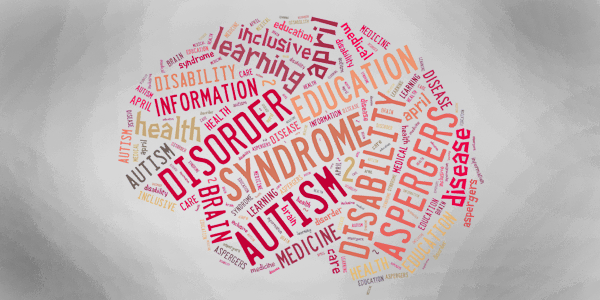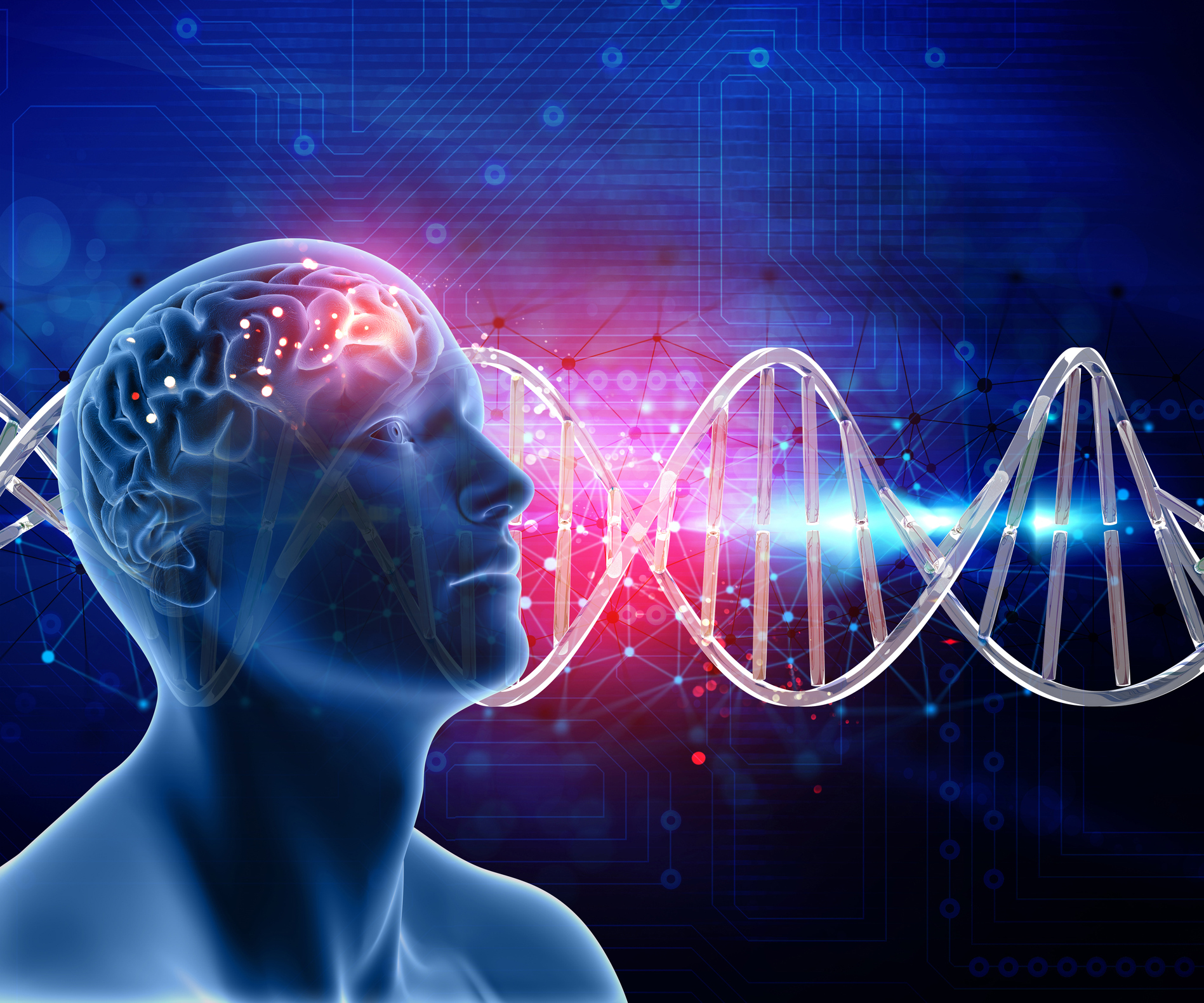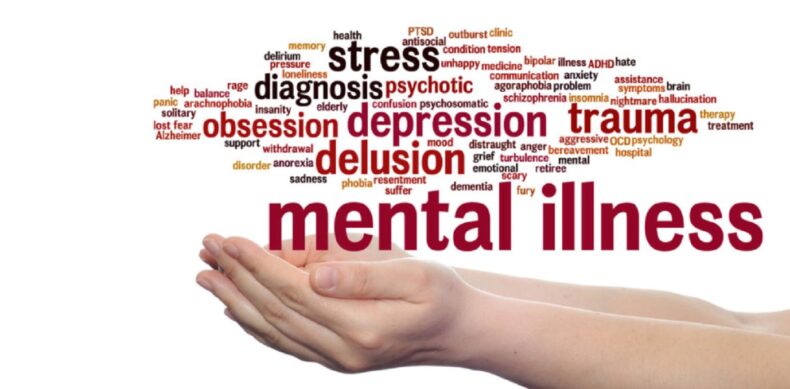A link between the expression of a set of genes before birth and development of mental health diseases during childhood has been discovered.

According to a new research published in Nature Neuroscience, scientists from Massachusetts General Hospital, a founding member of Mass General Brigham (MGB) have discovered a set of genes whose expression in the brain before birth can lead to the development of various mental health disorders during childhood.
The Study
The team first examined whether genetic patterns linked to psychiatric disorders in adults also tracked with psychiatric symptoms in children using data from the Adolescent Brain and Cognitive Development (ABCD) Study, a federally funded study of child and adolescent brain development that has enrolled nearly 12,000 individuals at age 9–10 years.

And according to Joshua Roffman, MD, director of MGH’s Early Brain Development Initiative and co-author of the paper, the results of this analysis showed that these relationships were more complex than were earlier imagined. For instance, genetic risk for ADHD and depression were linked with a range of symptoms in children, not only limited to mood or attention.
The New Measure to Assess Mental Health Symptoms
A strong genetic predictor to assess most mental health symptoms in ABCD participants was a new measure created by co-senior author and computational geneticist Phil H. Lee, PhD, and colleagues at the Mass General Centre for Genomic Medicine.
This measure indexes risk not just for a single disorder, but instead for a constellation of developmental disorders. As it incorporates components of genetic risk for various neurodevelopmental disorders, such as autism, ADHD, Tourette syndrome, and depression, the researchers refer to this new genetic test as a “neurodevelopmental gene set.”
The research group also found that this neurodevelopmental gene set was also able to predict childhood psychiatric symptoms in participants of the Generation R study, which included kids of comparable age in the Netherlands.
Further analyses of data from brain banks disclosed that the genes in this group are most strongly expressed in the cerebellum of the brain, which is mainly recognized for its participation in complex motor activities, and that the expression of these groups of genes in the cerebellum peaks before birth.

Additionally, children with psychiatric symptoms tended to have a slightly smaller cerebellum, according to brain imaging data from the ABCD study, which may be related to the influence of these genes on cerebellar development during prenatal life.
Roffman states that because hereditary risk factors for mental illness in children begin to affect the brain very early, even before birth therefore interventions to shield them from risk may need to begin sooner than previously anticipated.
It’s equally vital to remember that, while genes do play a significant role in the risk of developing mental illness, the early life environment is just as important and, in most cases at this point, potentially easier to modify. In fact, some prenatal exposures, like folic acid, show potential for better outcomes in terms of a child’s brain health.
Future work to study Mental Health in Children
The research group at Mass General is now focussing to look for other prenatal characteristics that can promote resilience in the developing brain and protect against the risk of psychiatric disorders in young people, whether they are related to healthy lifestyle choices (including getting optimal sleep, exercising regularly, and eating a balanced diet), prenatal care, or psychosocial support.
In one study, titled Brain Health Begins Before Birth (B4), families are actively being enrolled in Massachusetts General Hospital (MGH) during pregnancy, and the program aims to track the development of children’s brains after delivery.













